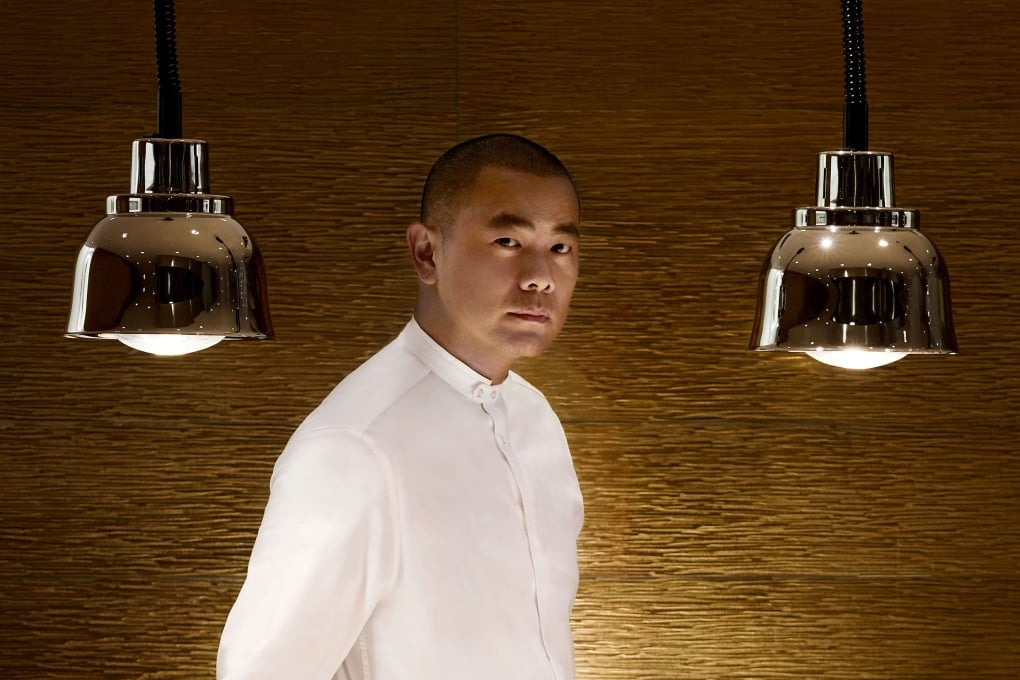‘The best Sichuan experience ever’: chef André Chiang’s culinary missions and journey to highlight Asian flavours
- When André Chiang closed his eponymous Singapore restaurant in 2018, it was a new beginning for the chef who had made his name in French fine dining
- With his remaining restaurants in Taiwan, Chengdu and Macau, he hopes to spotlight the complexities of Asian cuisine instead

What would you do if you had a superpower? Would you feed the needy, put an end to meaningless conflicts, or would you be an anti-hero and rob a bank to give to the poor?
In the culinary world, attaining coveted Michelin stars is kind of like getting a superpower. Your restaurant gets international recognition overnight and the chef who made it all happen becomes a celebrity, which opens up opportunities for the restaurant and the chef.
So, it could be said that by closing his eponymous two-Michelin-star French fine dining restaurant, chef André Chiang went from superhero to mere mortal. After 10 years in operation, Restaurant André in Singapore had its last service on Valentine’s Day in 2018.
“I always feel there’s a part of me missing that I don’t know much about Asia. It’s important for me to know more about where I came from,” he told The Post at the time. “I’ve been planning a big trip to visit all the top Chinese masters in different cuisines, Sichuan, Shanghai, Yunnan throughout the year … I want to understand more of the culture.”

The result of this journey of self discovery was Sichuan Moon, which opened at Wynn Palace in Macau in 2019; Chiang is the restaurant’s culinary director, and returns at least once a year.